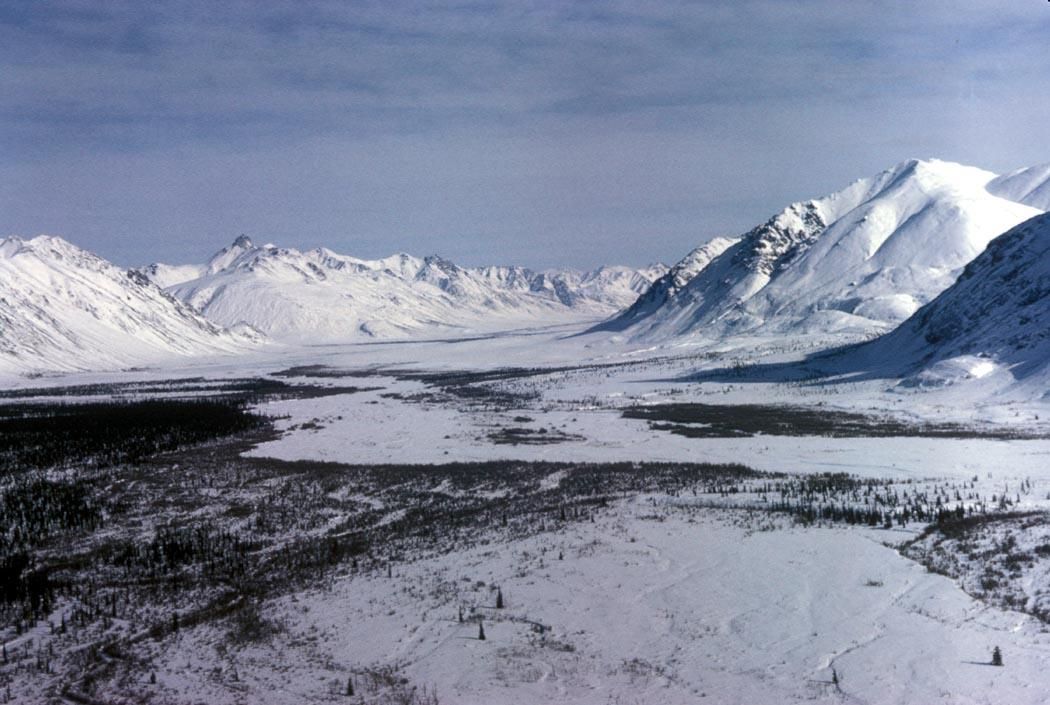Making Australian History – A Conversation
By katherine.wallace.20, on 10 June 2024

Professor Anna Clark, University of Technology, Sydney.
Professor Arthur Chapman, IOE, UCL’s Faculty of Education and Society.
Katy Wallace, PhD candidate, IOE, UCL’s Faculty of Education and Society.
Date and Time: Thursday 20th June 2024, 5.00pm-6.30pm BST (GMT+1).
Face to face and Online –room and zoom link to be confirmed after registration. Please register here.
Abstract:
Anna Clark’s Making Australian History is a remarkable book – one that aims to write a history of academic History writing in Australia, whilst also doing justice to other forms of history making outside the academy – a question of particular salience in a context where History has in the past been used to help marginalize Indigenous Australians and their presence in Country and their ways of knowing. The book tests and explores the boundaries and relationships between history as the past, history as an academic discipline for representing the past, and different traditions and modalities of interpreting and making sense of and with the human experience of time. It makes a vital contribution to expanding our thinking about what history can be as well as a fascinating exploration of powerful, moving and fascinating stories about Australian pasts.
In this seminar, Anna Clark will be in conversation about her work with the IOE History SIG coordinators, Katy Wallace and Arthur Chapman.
 Close
Close


 Presenters:
Presenters:

